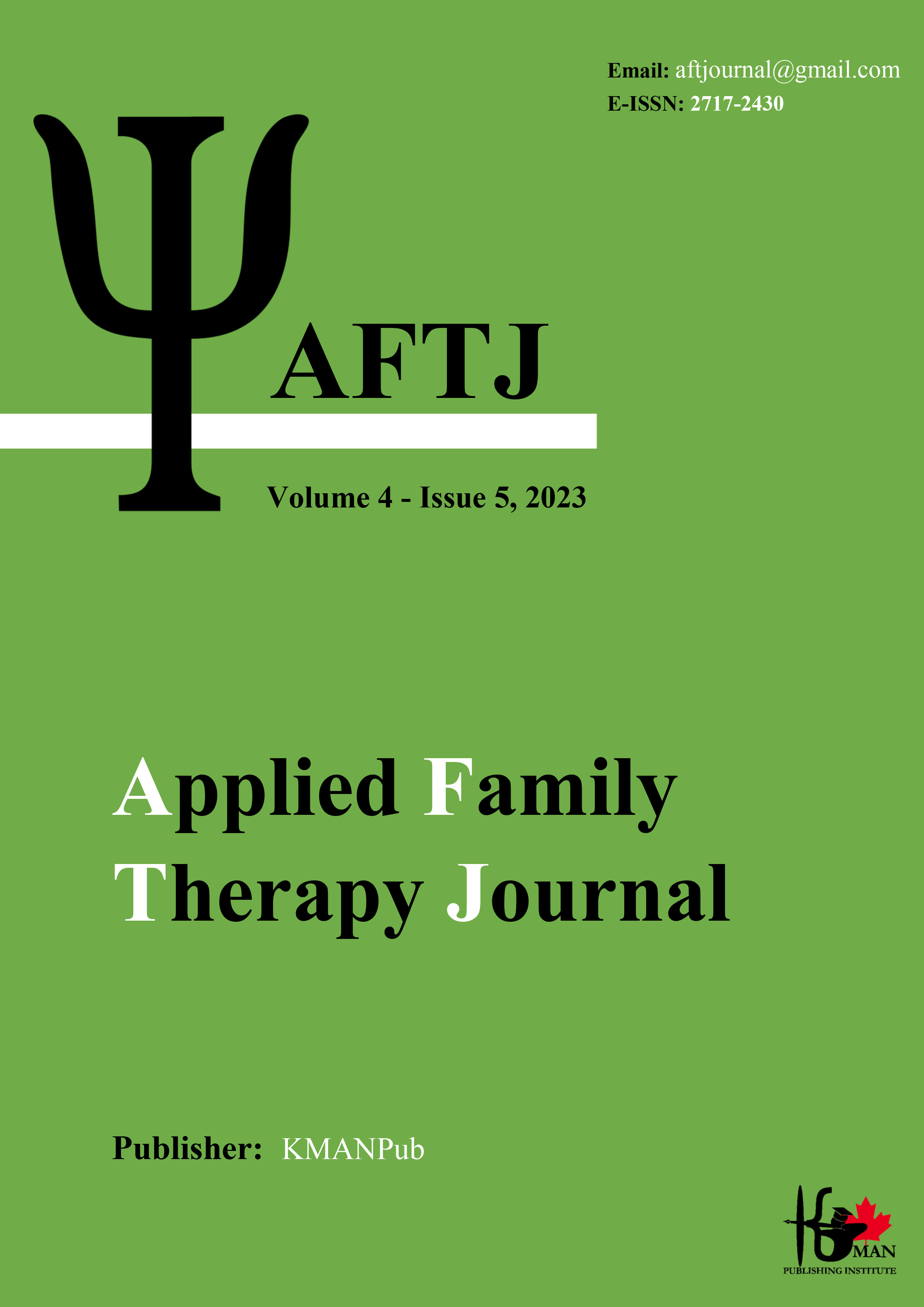Structural Equations Modeling to Explain the Psychological Well-Being of Divorced Women based on Public Health, Financial Distress and Social Support with the Mediating Positive Thinking According to Maslow's Theory
Keywords:
Psychological Well-Being, Public Health, Financial Distress, Social Support, Positive ThinkingAbstract
The present study was conducted with the aim of developing a model of psychological well-being of divorced women based on public health, financial distress and social support mediated by positive thinking. The statistical population of the present study included all divorced women (20 to 45 years old) in Khomin city in 2021-2022. The sample size was 429 people and 3 non-random sampling methods were available. All completed the Goldberg & Hiller (1979) General Health Questionnaire, the financial distress of Prawitz et al. (2006), the social support of Zimet et al. (1988), the positive thinking of Ingram and Wisnicki (1988), and the psychological well-being of Ryff (1989). Pearson correlation method and structural equation modeling using SPSSV19 and AMOSV20 software were used to analyze the data. The results showed that the variables of general health (0.20 and 0.14), financial distress (-0.18 and -0.17) and social support (0.33 and 0.20) had direct and significant effects on positive thinking, respectively. And had psychological well-being. In addition, positive thinking (0.15) had direct and significant effects on psychological well-being. The results also showed that the three variables of general health (0.10), financial distress (-0.10) and social support (0.11) have an indirect and significant effect on the psychological well-being of divorced women. Based on the results of this study, all three variables of public health, financial distress and social support have significant direct and indirect effects on psychological well-being through positive thinking. Therefore, this model can be used to strengthen and promote the psychological well-being of divorced women, and therefore the knowledge of counselors, psychologists, therapists, social scientists and other specialists of these variables to promote the psychological well-being of divorced women is important.
Downloads
Downloads
Published
Issue
Section
License

This work is licensed under a Creative Commons Attribution-NonCommercial 4.0 International License.





















